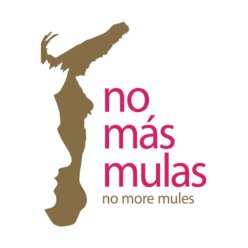Low-level drug mules are convicted at a rate of more than one a day in Hong Kong’s High Court while only one gang organiser or senior syndicate member is sentenced every eight months, a study provided to Post Magazine shows.
An analysis by former deputy director of public prosecutions John Reading SC found that of 1,619 traffickers convicted from 2012 to 2015, only six were organisers or senior gang members, while 1,519 (or 93 percent) were couriers, apprehended either in Hong Kong or while trying to enter or leave the city. The remaining 94 cases mostly involved so-called storekeepers caught with drugs in Hong Kong.
Reading’s study also found that sentences for drug-trafficking offences were more severe in Hong Kong than in the 17 other jurisdictions surveyed, with a 22-year starting point for trafficking offences involving 1kg of a class-A drug compared with 20 years in Turkey, 15 to 20 years in Slovakia and 10 to 17 years in New York.
Hong Kong was the only jurisdiction surveyed, apart from Iceland and Austria, not to consider the role and seniority of the offender in the sentencing process. Hong Kong was also one of only six jurisdictions where previous good character was not recognised as a mitigating factor.
The average sentence over the four-year period in Hong Kong was nine years and nine months, while the highest sentences given out were to a 37-year-old sentenced to 32 years for trafficking 33.6kg of cocaine, and a 45-year-old sentenced to 33 years and six months for trafficking 11.9kg of cocaine and 410 grams of crystal methamphetamine.
Because 16-year-olds are tried in adult courts in Hong Kong, prosecutions over that period included 82 minors. All but two received substantial jail terms and cases included a 16-year-old sentenced to 17 years for trafficking 1.9kg of ketamine.
“The heavy sentences imposed for the offence in Hong Kong have not resulted in a significant reduction in drug trafficking cases over those years,” Reading concluded.

